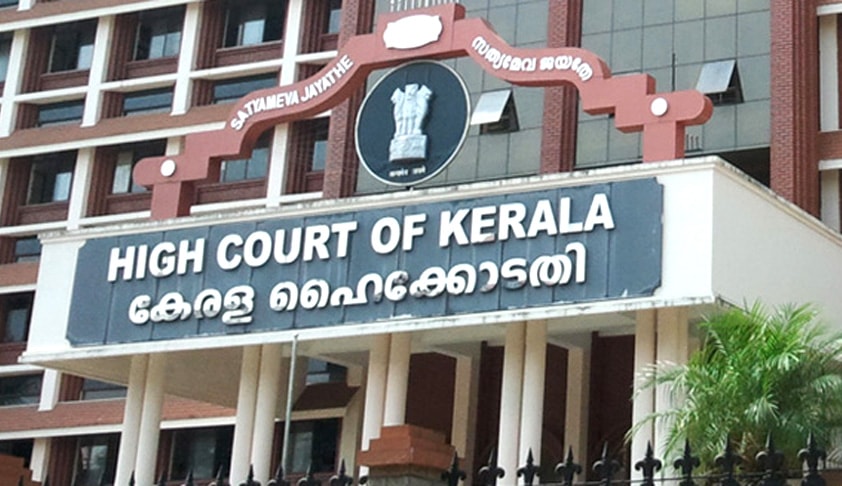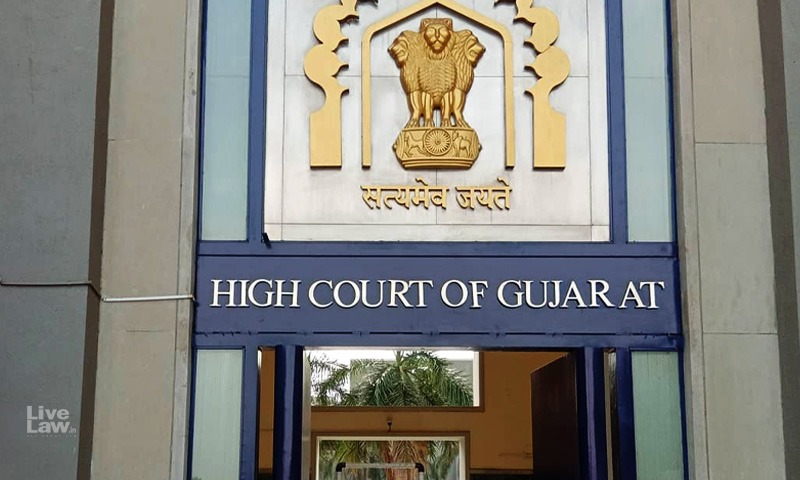Asutosh Mookerjee, Acting C.J.
1. This is an appeal by the defendants in a suit for arrears of rent on the basis of a putni lease granted on the 26th May 1832. The substantial question in controversy is, whether the Government revenue was payable by the Zemindar or by the putnidar under the terms of the contrast. The Courts below have answered this question in favour of the Zemindar and have relied on the circumstance that for many years past the Government revenue has been, as a matter of fact, paid by the putnidar. We are of opinion that evidence of conduct was not admissible for the construction of the putni contrast. Evidence of conduct is admissible if the contract is ambiguous in its terms; Hebbert v. Purchas (1870) 3 P.C. 605 at p. 650 : 7 Moo. P.C. (N.S.) 458 : 40 L.J. Ecc. 33 : 19 W.R. 898 : 17 E.R. 177. But where, as here, the terms of the contrast are perfectly plain, evidence of conduct is not admissible to vary the terms of the agreement between the parties. North Eastern Railway Co. v. Hastings (1900) A.C. 260 : 69 L.J. Ch. 516 : 82 L.T. 429 : 16 T.L.R. 325, Kiransashi Debi v. Ananda Chandra 58 Ind. Cas. 841 : 32 C.L.J. 15 and Nirod Chandra v. Harihar 58 Ind. Cas. 867 : 32 C.L.J. 19 : 24 C.W.N. 874.
2. Now in the present case, the agreement between the parties is that the putnidar should pay a yearly rental of Rs. 1,001 sicca besides saranjami. The vernacular word whish is translated besides" is sewaya; it is not necessary to determine, whether it means "in addition to" or "with the exception of," because the decision of the question now before us depends upon the meaning to be attributed to the word saranjami. The word saranjami ordinarily signifies collection charges, and no authority has been produced in support of the contention that it may include Government revenue. On the other hand, Wilson in his Glossary states that in Bengal, under Muhammadan Government, the term saranjami was applied to allowances, sometimes granted or admitted as deductions for the charges and expenses of collecting the revenue or other incidental expenses made to the Zemindars or farmers. The derivative meaning of the word is relating or belonging to apparatus, materials, means of support or what is essential to any undertaking. The meaning of the clause manifestly is that the putnidar would pay to the Zemindar Rs. 1,001 besides collection charges, that is, the costs and charges incidental to the recovery of rent. That this is the meaning of the clause is made manifest by the fast that the rent is made payable in monthly instalments, and the next clause which refers to payment, month by month, mentions Rs. 1,001 and nothing else, We further find that there are other clauses in the lease whish refer to the payment of further sums by the putnidar to the landlord; for instance, the payment of sums required for usual expenses for the worship of the deities in the muffusil, as also sums whish might be demanded in future by the Government, This could not possibly include the Government revenue, which had been assessed at the time of the Permanent Settlement, long before the grant of the putni. Besides it is highly improbable that if the parties had really intended that the putnidar should pay the Government revenue in addition to the sum of Rs. 1,001 as rent, there should have been no express reference to that subject. One would in ordinary circumstance expect a clause, such as is found in many documents, that the putnidar would pay the Government revenue and would deliver to the Zemindar the receipts (granted by the Collector) for the payments of revenue made from time to time. We are of opinion that the meaning of the putni contrast is clear and that the putnidar is under no liability to pay the Government revenue.
3. The result is that this appeal is allowed, the decree of the district Judge modified and a decree drawn up on the basis that the putnidars are not liable to pay the Government revenue. The order for costs made by the Court of first instance will stand; but the plaintiffs-respondents must pay the costs both before the district Judge and here.
Fletcher, J.
4. I agree.

